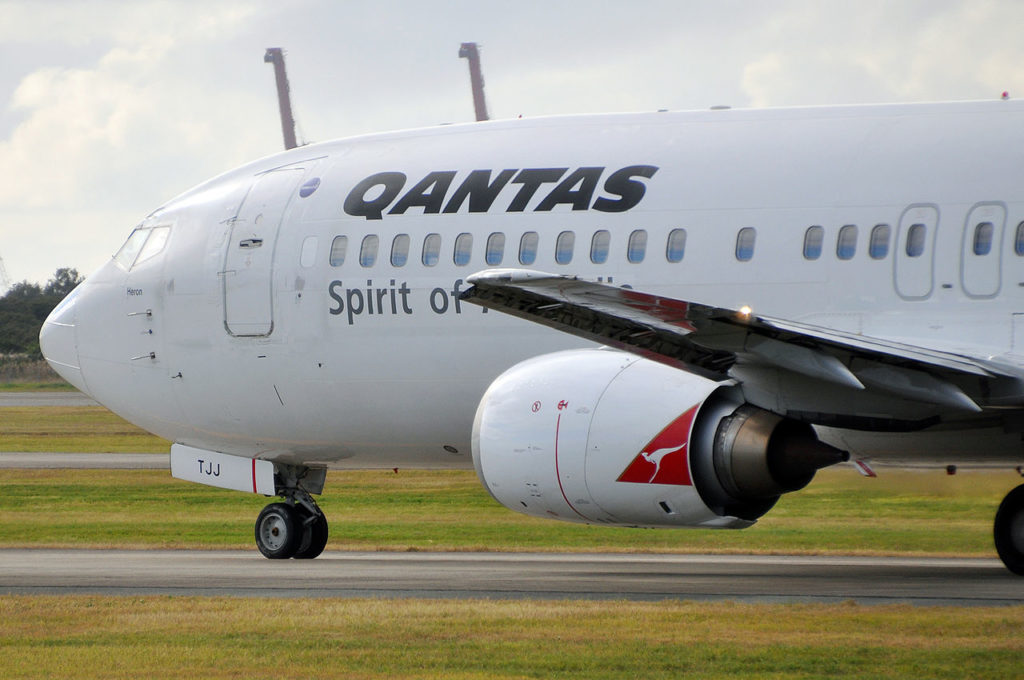The Qantas Group expects to create over 8,500 new high skill jobs in Australian aviation over the next decade, as it moves from a recovery to a growth phase.
The Australian national carrier states that these additional roles with be based around the country and include pilots, engineers, cabin crew and airport staff.
Investment in new aircraft
The growth in employment is being driven by investments in new aircraft and increased flying to meet long-term demand through Qantas, Jetstar, QantasLink and Qantas Freight.
The Qantas Group will hire more than 30,000 frontline people over the next 10 years, accounting for regular attrition as well as growth.
In total, the Group will have an estimated 32,000 people by 2033 compared with around 23,500 currently.
As it emerged from the pandemic, the Group updated its fleet plan with orders and purchase rights for up 299 narrowbody and 12 widebody aircraft for delivery over the next decade.
The capabilities of these next-generation aircraft will reshape the Group and its network.
Last week, Qantas announced up to 22 mid-life and wet leased aircraft to arrive in the next two years to help meet growth from multiple sectors, including leisure travel, freight and the resources industry.
Aviation jobs typically require specific skills, and so underpinning the recruitment drive is a massive commitment in training that will create a long-term pipeline of talent for the Qantas Group and Australian aviation more broadly.
Establishment of new Engineering Academy
The national carrier has also announced that it will establish the Qantas Group Engineering Academy in Australia, with capacity to train up to 300 engineers a year.
The Academy will provide aviation engineers for the Qantas Group as well as the broader aviation industry, including defence contractors and general aviation – two areas with high demand for these skills.
According to the airline, a particular focus will be placed on encouraging more women to consider a career as an aircraft engineer.
Over the next decade, the Qantas Group alone will need around 200 new engineering recruits every year to meet growth as well as attrition as current engineers retire.
That number exceeds the current national supply of new aviation engineers each year, meaning a new training pipeline is needed.
Qantas will make a multi-million investment to establish the Engineering Academy, which is expected to open its doors to the first students in 2025.
Entry-level classroom training for aviation engineering takes at least 12 months, with further on-the-job training required to move through various levels of accreditation.
A fully licenced aviation engineer typically takes a minimum of five years of practical and classroom training.
A decision on location for the Academy will be made as part of the final design, expected to be determined by the end of 2023.
Qantas has launched an online registration form for people interested in positions at the Engineering Academy: www.qantas.com/engineeringacademy
CEO comments
Qantas Group CEO Alan Joyce said: “Qantas is already the single biggest investor in aviation skills in Australia, especially when you consider the constant training of our pilots, engineers and cabin crew just to maintain the status quo.
“We order aircraft up to 10 years in advance, so we need to think similarly long-term about the people and skills we need to operate them. Over that period of time, we’ll create an estimated 8,500 new aviation jobs in Australia, and most of those jobs require years of training.”
“In the near term, we’re gearing up to meet the growth in all of the markets we serve. We have more aircraft arriving every month, and that means we need more pilots, engineers, cabin crew and others.









